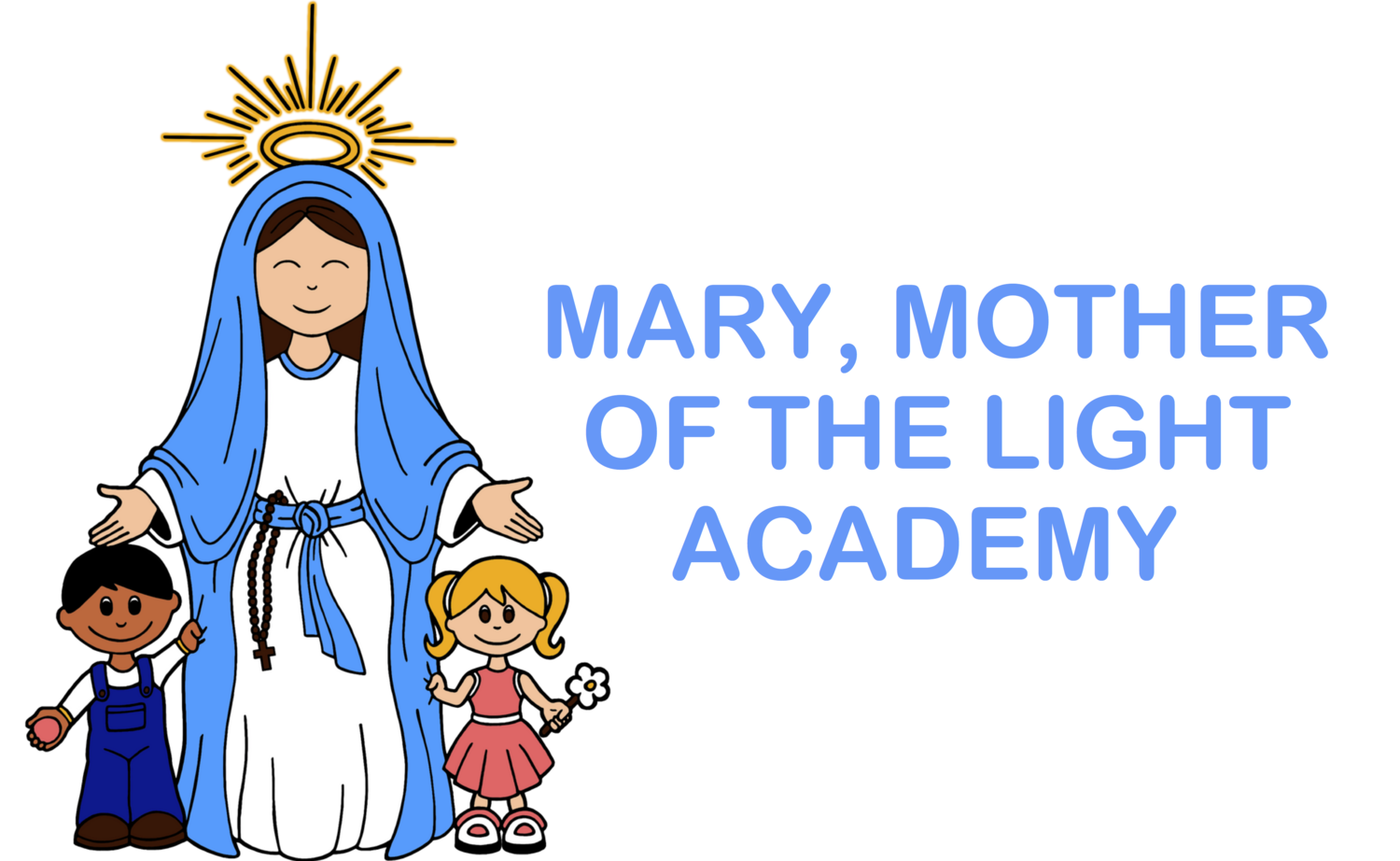Talking to Your Kids About Hurricanes
/Here in South Florida, we are no strangers to hurricanes. But riding out a hurricane can be a frightening experience for anyone, let alone a child. We recommend that part of your storm preparations include speaking to your children about hurricanes. Bottom line: prepare them but don’t scare them.
Before Hurricane Season
Before hurricane season begins, parents should begin explaining to their kids about what hurricanes are, how they develop, the dangers they pose, some safety measures to take against them, and how to prepare. Using a map, help older kids name the cities and states where hurricanes are likely to strike. You can also use a calendar to show them when hurricane season will begin and end. It’s a good idea to talk to children about hurricanes throughout the year.
How to Explain
Explain that a hurricane is a giant, windy rainstorm. They can be very dangerous and can cause damage and destruction, but they are survivable if you prepare properly and take certain precautions. The more kids know about safety procedures and preparations, the more comfortable they will be during the storm.
Whatever their age, you can ask your kids to make a list of their typical daily activities. Explain to them that their activities will change during the storm. School will likely be closed and they will not be able to play outside. They might have to eat different foods than usual and may have to play different games in the event of a power outage. You can tell them that if the power goes out, it will be dark, like it is when they are sleeping.
If you are planning on evacuating, prepare your kids by telling them you might have to leave home and go to a friend or relative’s home, or maybe a hotel. Let your child know that they can bring their favorite game or toy(s).
Involve Kids in Preparations
Involving kids in hurricane preparations makes them feel like they are a part of the team. Allow children to help plan and pack safety kits, check the hurricane shutters and make preparations for pets. When checking shutters, this is a good time to explain the importance of staying away from windows and doors during the storm.
Younger Kids
If your kids are younger, they might have trouble understanding the idea of a hurricane. Instead, talk to them about the effects of a hurricane (without scaring them). Tell them that hurricanes can damage homes, knock over trees and overturn cars. They can leave families without food, water and electricity. You can tell them that’s why it’s important to prepare for them. We suggest keeping it as simple as possible as to not overwhelm or scare the child. Detailed information is useless if the child cannot digest it.
Children’s Supply Kit
Packing a supply kit for your kids is a good idea. It should be equipped with some of the same items included for a sleepover. Some items to consider are: coloring books, games, toys, blanket, stuffed animal, extra clothes and undies, favorite books, toothbrush/toothpaste and other toiletries, favorite snacks and a flashlight.
As the Storm Approaches
Since children’s fears can intensify quickly and easily, be as calm as possible when the storm is approaching. Grown-ups can help calm those fears with a down-to-earth, parent-to-kid talk. Make sure you prepare your child 24-36 hours in advance and tell them exactly what you’re going to be doing during the storm. Remember that older kids will likely require a more detailed explanation than younger kids. Make sure they are going to be good listeners during the storm. Listening to adults will be very important.
Explain to them that it might get very quiet during the eye of the storm but then the rain and wind will begin to roar again after the eye has passed.
During the Storm
This is a great time for good old fashioned storytelling. Parents can tell stories about their own lives or grandparent’s lives. Another good pastime is singing. This will help calm the children down and relieve stress.
Once the Storm Has Passed
Go outside and assess the damage while the kids stay inside. Unless supervised, do not let children remove debris. If they want to help, under adult supervision, they should wear protective eyewear and gloves. Explain that down power lines and gas leaks can be VERY dangerous.
Make sure the children know not to play in standing water as there are bacteria risks as well as the danger of ants and snakes.
If you have any other hurricane tips, please leave them in the comments!

